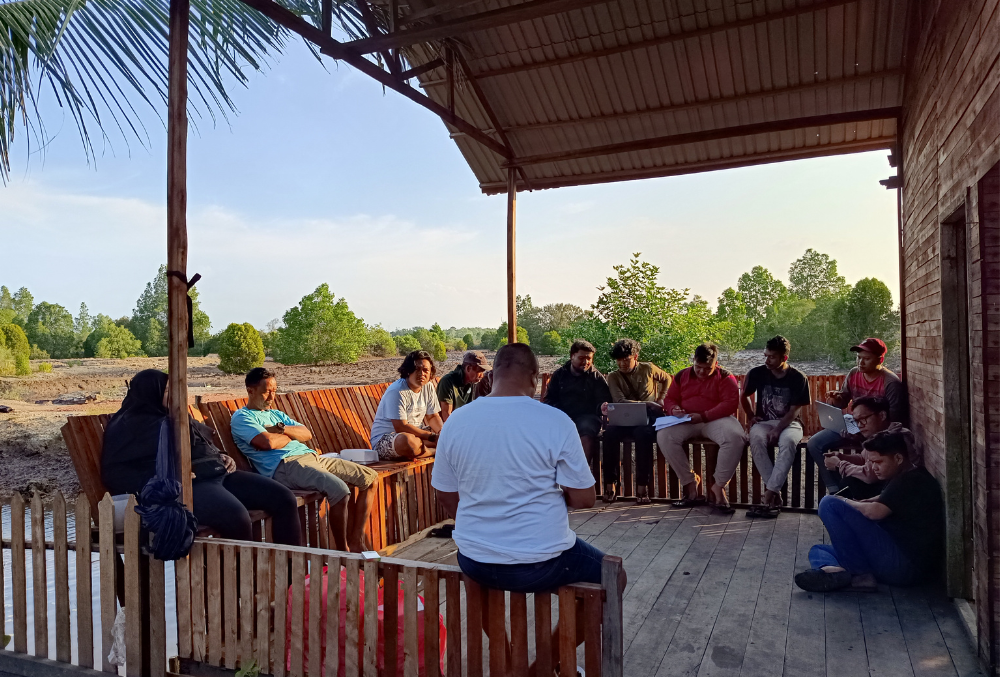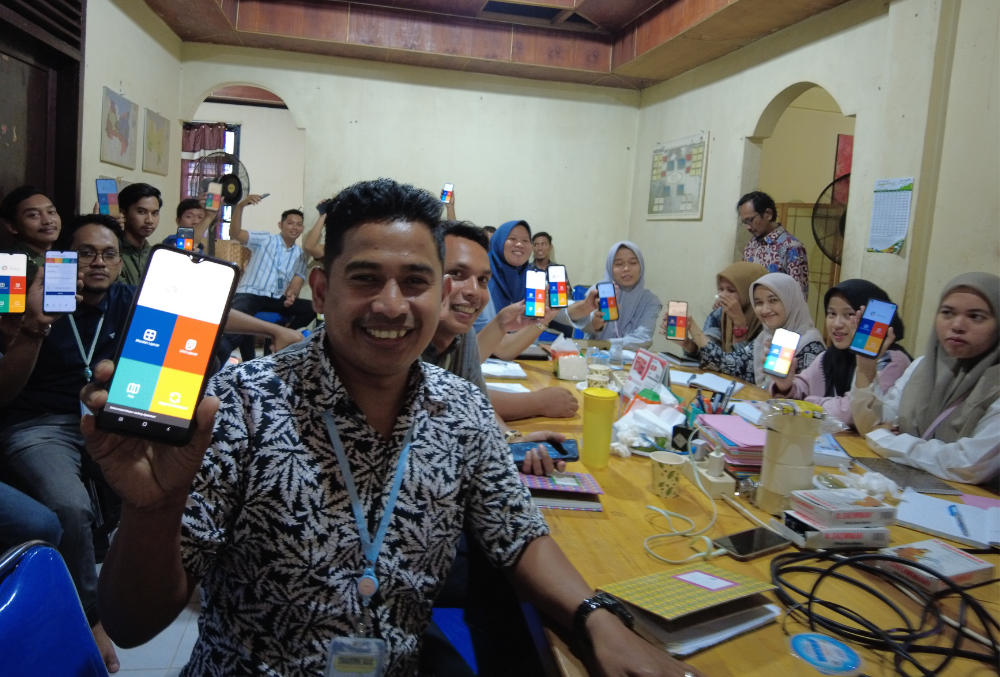06 October 2023
Navigating Legal Systems: A Guide To Effective Data Reporting For Change
Helping organizations master the legal labyrinth to ensure impactful data reporting and advocacy. By Ayu Kusuma.
Back to BlogsYou can use data in many ways to effect change, such as publishing reports, conducting press conferences, launching advocacy campaigns, holding government hearings, reporting to institutions, and starting court proceedings. Each context has unique data requirements. For example, courts may need data that differs from data collected for advocacy purposes.
This article guides communities and organizations in understanding their legal systems at local, regional, and national levels. By doing so, you ensure that the data you collect meets the needs of your intended use, preventing wasted effort on inadmissible evidence.
Take an environmental organization as an example: Before collecting reports for regional and national law enforcement agencies, they must research submission requirements. Otherwise, they risk accumulating reports that lack key details, making them useless.
Understanding the Legal System
Using legal means to advocate for environmental or social changes comes with challenges. One major hurdle in many countries is the increasing threat to freedom of speech. Some governments suppress dissenters, whistleblowers, and protesters.
A strong reporting system doesn’t just produce actionable reports. It also ensures that people reporting issues or illegal activities feel safe. Whistleblowers are crucial in exposing problems, yet they often face risks like retaliation. So, it’s essential to protect them, encouraging more to report without fear.
Identifying Illegal Activities
To build an effective reporting system, you must first recognize what’s illegal. Only with this clarity can you spot actions like fraud, corruption, or environmental violations. For example, if a coal mining operation contaminates a river, the affected community should know which laws the company broke. Armed with this knowledge, they can proactively report these violations that impact their health and livelihoods.

Choosing the Right Reporting Channels
Communities wanting to address illegal activities should be familiar with the correct reporting avenues. Different government departments handle varied concerns. Criminal offenses might go through the police, whereas environmental issues might be managed by the Ministry of Environment. Knowing where and how to report streamlines the process, ensuring complaints reach the right hands.
For example, the Timby project in Indonesia emerged due to the communities’ struggles with identifying the right grievance channels. With Timby, community members submit issues directly through the Timby App, and a partner organization ensures they reach the proper government department.

Providing the Right Information
In legal proceedings, evidence must relate directly to the case and provide relevant details. It must be accurate, well-documented, and comply with court rules. But remember, while detailed reports are valuable, sometimes a concise message works better. Some agencies prefer shorter, clearer reports over lengthy ones.
Mastering the Reporting Mechanism
After determining where and what to report, you must understand how to do it effectively. This ensures that authorities receive and act on the information. A system like Timby in Indonesia not only safeguards whistleblowers but guarantees that reported issues get proper attention.
Understanding the intricacies of the legal system can be daunting. That’s why Timby offers tools for evidence collection and helps groups navigate the legal landscape. If you need support in this arena, contact us at [email protected].

